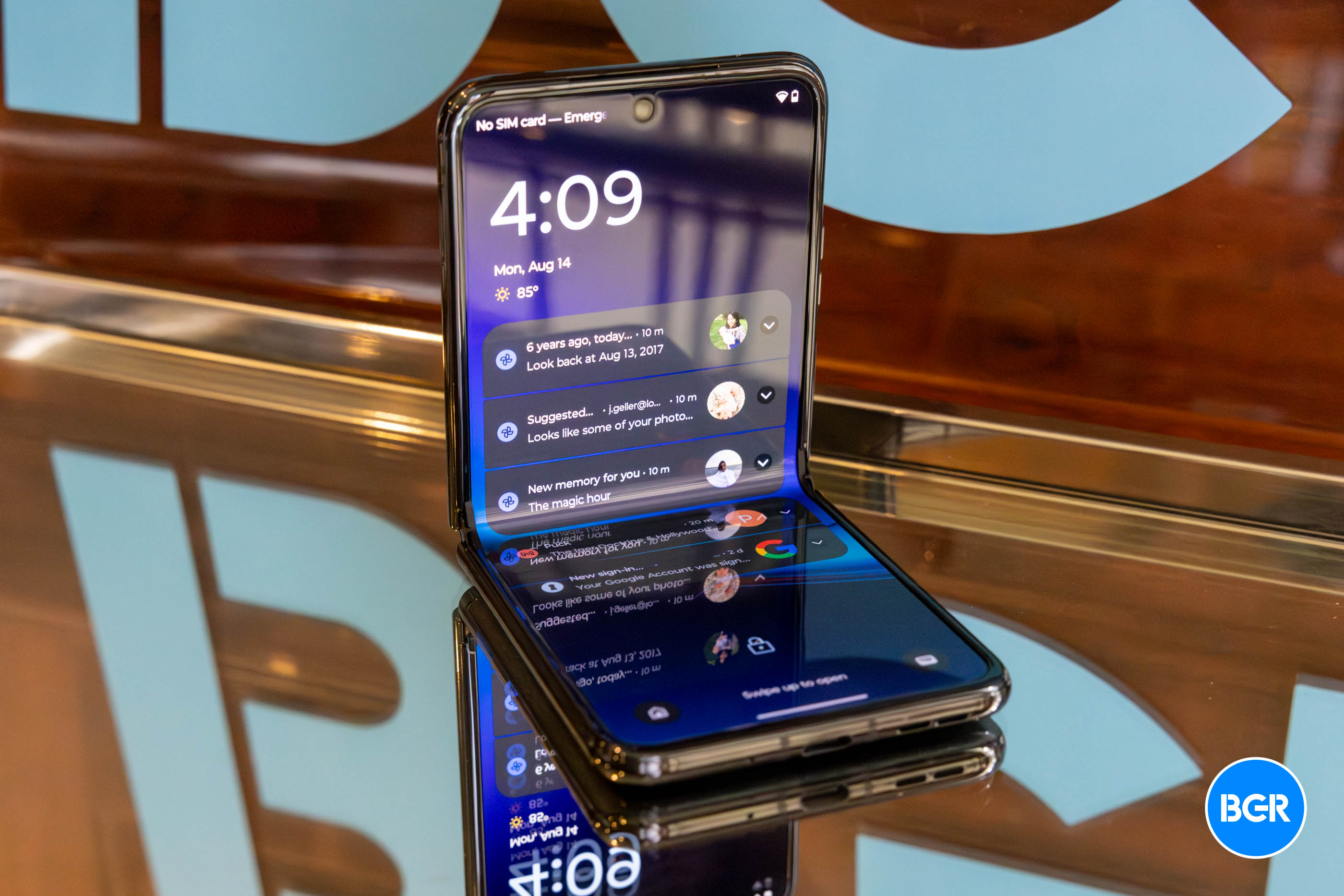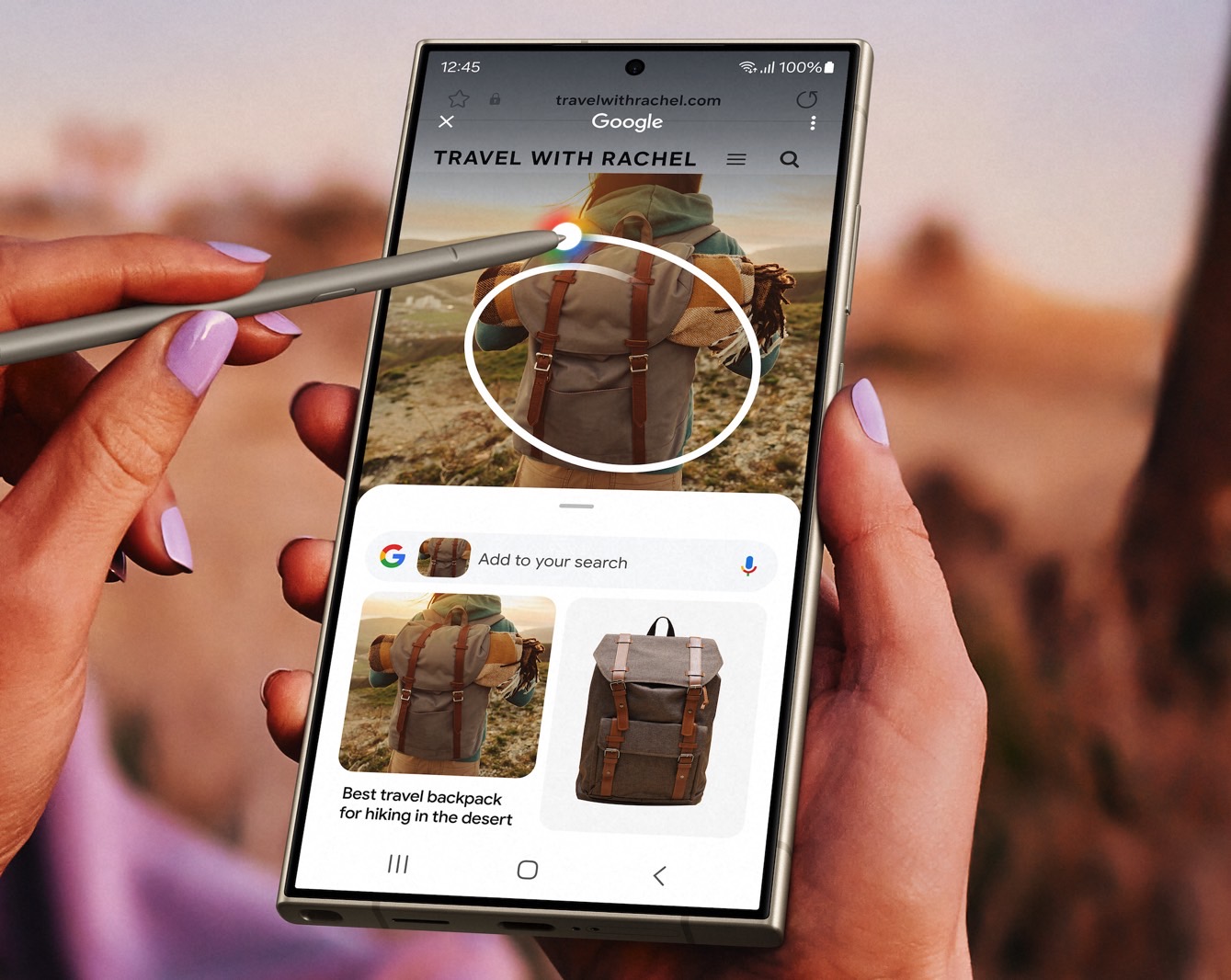Apple won’t unveil the iPhone 16 series until mid-September, so there’s plenty of time to go until we get our hands on the next-gen iPhone model. But there’s no shortage of iPhone 16 rumors, and we already think we know some of the main changes coming to the 2024 iPhones. Like the larger displays for the Pro models, and the brand-new Capture button coming to all iPhone 16 variants.
The latest iPhone 16 rumor comes from a well-known Apple insider. Ming-Chi Kuo said in a new note that the iPhone 16 sales won’t be terrific compared to previous versions. If anything, Apple is reportedly bracing for a 15% drop in iPhone sales overall for 2024. That implies iPhone 15 sales will not be that great in the year’s first half, either.
Kuo points to two big reasons why the iPhone 16 sales will suffer: foldables and AI features. And I hope he’s wrong about the second one.
Kuo is an analyst with a great track record at predicting new Apple products and/or features for the existing ones. He often details next-gen iPhone features well before Apple unveils the handset, and they’re usually in line with the information other leakers present.
It’s very likely that Kuo sources his information from Apple’s supply chain rather than Apple itself. He routinely mentions supply chain sources in his remarks. He posted his latest analysis on Medium, noting his latest supply chain check with unspecified Apple manufacturing partners.
Kuo warns that Apple might experience “the most significant decline” among major mobile phone brands this year:
My latest supply chain survey indicates that Apple has lowered its 2024 iPhone shipments of key upstream semiconductor components to about 200 million units (down 15% YoY). Apple may have the most significant decline among the major global mobile phone brands in 2024.
The entire market suffered in 2023, with Apple being an exception. In fact, reports a few weeks ago said Apple outsold Samsung overall last year. That’s an incredible performance, considering that Apple sells pricier phones that usually have a higher average retail price than competitors. Meanwhile, Samsung’s mid-range phones make up for the bulk of the Korean giant’s sales.

Foldables a big threat in China?
Kuo said that the iPhone 15 series and iPhone 16 series would decline by 10% to 15% in the first half of 2024 and the second half of 2024, respectively, compared to previous periods. That is, compared to iPhone 14 sales in the first half of 2024 and iPhone 15 sales in the second half of 2023.
“The iPhone faces structural challenges that will lead to a significant decline in shipments in 2024, including the emergence of a new paradigm in high-end mobile phone design and the continued decline in shipments in the Chinese market,” Kuo said.
Kuo claims the new high-end mobile phone design paradigm includes AI (GenAI) and foldable phones. Foldable phones are the main reason iPhone sales will suffer in China, with Kuo pointing to Huawei’s strong return and the increasing preference for foldable phones in the market’s premium segment.
As for the emergence of AI phones, Kuo points to the Galaxy S24’s GenAI features. Samsung has apparently revised up Galaxy S24 shipments for the year, looking at a 5% to 10% increase. The Galaxy S24 was available for preorder for about two weeks after its mid-January launch, and it’s now available in stores. The Galaxy AI features are certainly a highlight of the handset.
Meanwhile, Apple’s weekly shipments in China declined by 30% to 40% in recent weeks compared to the first weeks of January 2023. The downward trend should continue.
At the end of his analysis, Kuo drops the main reasons the iPhone 16 series will see a slump in sales: design and GenAI features.
“It is expected that Apple will not launch new iPhone models with significant design changes and the more comprehensive/differentiated GenAI ecosystem/applications until 2025 at the earliest,” Kuo said. “Until then, it will likely harm Apple’s iPhone shipment momentum and ecosystem growth.”

I hope Apple doesn’t wait too long to deploy its AI
This is the disturbing part, at least for me. I don’t care about a new iPhone design. The Galaxy S24 is essentially a lightly tweaked Galaxy S23, and there’s nothing wrong with that. But I hope Apple won’t delay a bigger GenAI push for the iPhone until 2025. Built-in AI isn’t like bigger screens, 4G or 5G, features that Apple wasn’t quick to adopt when the competition did.
Generative AI is only improving, and we’re witnessing the dawn of personal GenAI experiences. It’s not just Google working on more personal AI. We also have AI-first devices from Humane and Rabbit coming out. OpenAI is reportedly developing its own ChatGPT hardware.
Hopefully, Kuo is wrong about Apple’s approach to AI for the next-gen iPhone. Hopefully, Apple won’t wait too long until making its so-called Apple GPT available to the masses.
According to sources from within the company, a report from Mark Gurman said that Apple’s iOS 18 might be the biggest iPhone update in years. I speculated that AI might be the reason why anyone would think that.
That said, I know that AI isn’t for everyone. AI alone probably can’t improve iPhone 16 sales if Kuo is right about trends in China. If buyers are starting to prefer foldables over traditional smartphones, Apple can’t do anything about it. The iPhone 16 will certainly not feature a foldable option.








